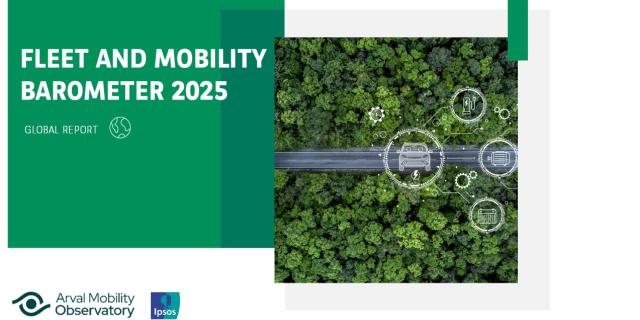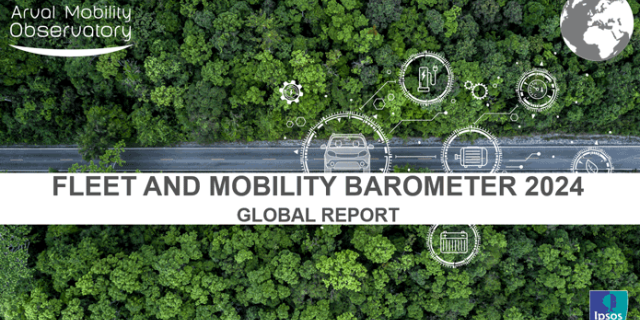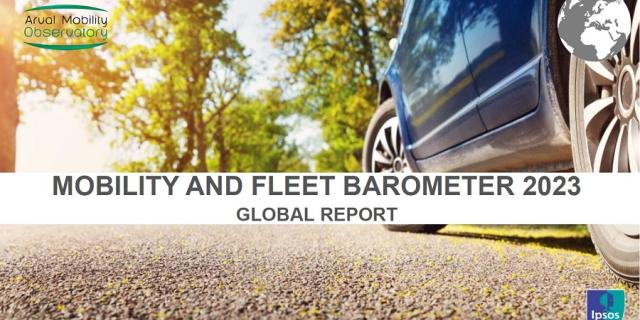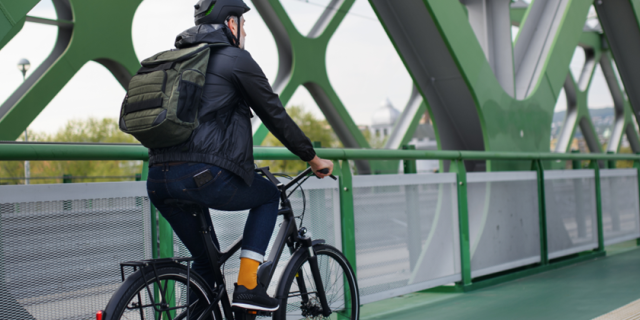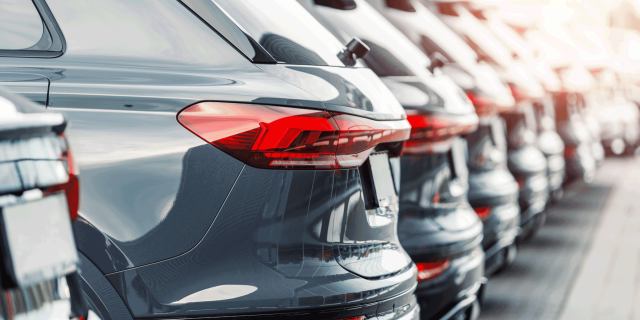The Business of Mobility is a series of articles featuring business leaders in sustainable mobility.
Q&A with Ronan Perrier, Head of Arval Consulting & Arval Mobility Observatory and Ross Douglas, Founder at Autonomy.
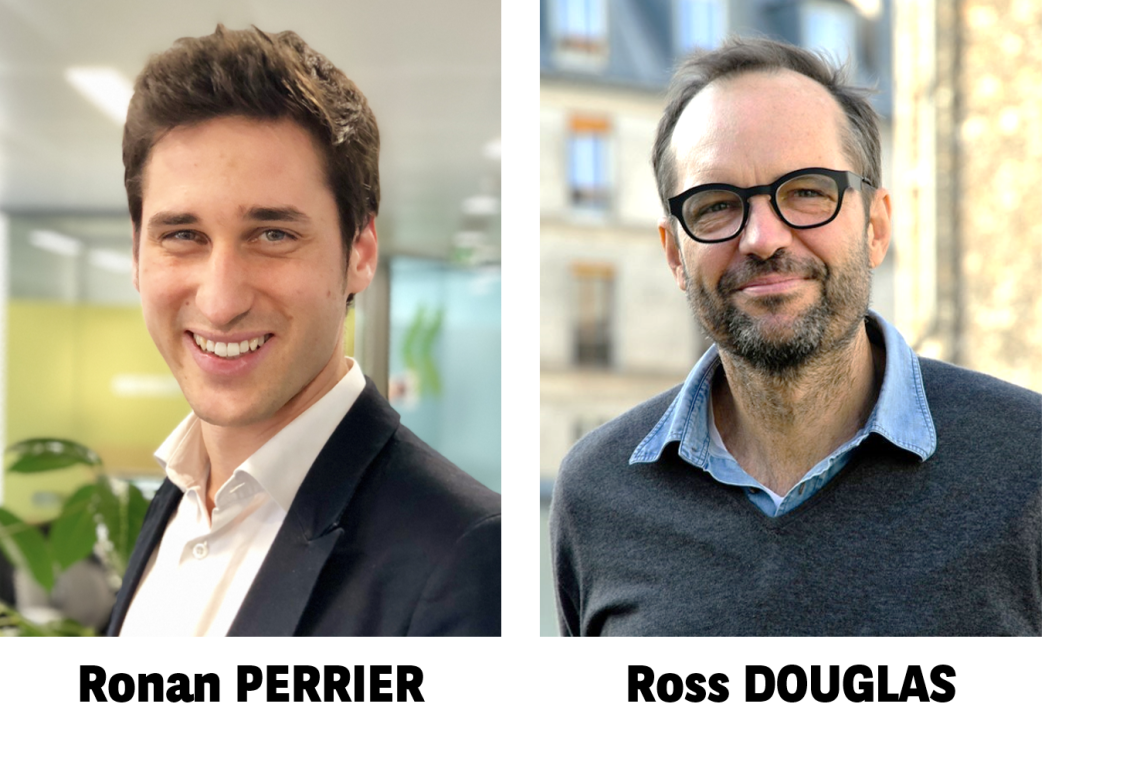
Ross: How would you describe your offering?
Ronan: Up till recently, I would have said we are a full mobility service for corporations. However, the corporate market has stabilised now, with growth coming from smaller businesses and private individuals. This sector produced double-digit growth in 2022. But, corporations are our most important sector.
What are corporates looking to get from Arval’s service?
Corporates care about being responsible citizens and about ESG issues. They want to reduce emissions, including indirect scope 3 emissions (e.g. from commuting). They’re interested in transitioning to more sustainable mobility, and in some cases more active mobility.
At autonomy we talk about the transition from motorist to mobilist; in other words the shift from car-ownership to more flexible and environmentally appropriate modes.
Yes, I would agree with that description. Our clients are very interested in alternatives to cars, reducing their dependency on cars, and reducing their CO2 footprint. So we have, what we call, a ‘new mobility offer’, to complement cars and shift toward multimodality.
Have you branded this multimodal approach, as a special offering?
Not as such. Arval has always been dedicated to more sustainable mobility, making fleets more efficient, and lowering costs for clients. There is no need to create a sub-brand around sustainable mobility, it is already embedded in our purpose.
Your offering includes bikes and public transport?
Yes, in fact recently we’ve really started to promote bikes as a shared mobility solution. Bikes are not only eco-friendly, they’re also active, so they’re an ideal fit for the new corporate values around ESG.
Do you manage bikes the same way you manage vehicles?
It’s a bit different. In terms of a fleet of cars, these – you could say – belong to the client. Our job is to maximise their use by facilitating the right tech (e.g. using a smartphone as a key), and by optimising the financial KPIs for the fleet. We have been doing this for years, although more recently we’ve added in other KPIs like CO2 emissions, and employee net promoter score. With bikes, we’re taking fleet management one step further, as articulated in our 2025 strategic plan, ‘From full service car leasing to mobility including the car’. So, we’re pioneering new models for things like bike-sharing. Although, like cars, bike use is also facilitated on an app.
Is all the corporate mobility handled on one app?
We offer modular solutions, so for example we have a user app for vehicles and one for bikes. But if the client wants both solutions, then we give them an integrated app.
Would you call that a MaaS offering?
MaaS means different things to different people. As a leasing company, you could argue that Arval was involved in mobility as a service from the very start; and now we are simply leveraging other modes of travel to do the same. But we are not a tech company, we’re not dedicated to building the world’s best MaaS app. We work with tech companies to deliver a bespoke solution that meets our clients’ needs. This usually involves an element of responsible corporate citizenship in terms of reducing carbon footprint and improving the health and wellbeing of employees through active modes.
Are you pushing for this change toward sustainable mobility?
Change is coming from the corporations themselves, and from their employees. As a service provider we are at the end of this chain, but we are happy that everyone is aligned on sustainable mobility. It is very exciting, and a real privilege, to co-create innovative leasing solutions with them. It improves their internal brand for employees, who – as the younger generation – are driving the change away from motorist (as you put it) toward mobilist. So, we are designing our offer based on the voice of our clients.
Arval is an important player in the transition; what’s your prediction for mobility over the next five to ten years?
From our side, it’s interesting to see how the values of corporate citizenship are changing behaviours. We are reminded that sustainable mobility is not only a function of new technologies, but also of behavioural change. The motor vehicle will still be around for decades to come, but it is more likely to be electric (something Arval is promoting) and shared.





